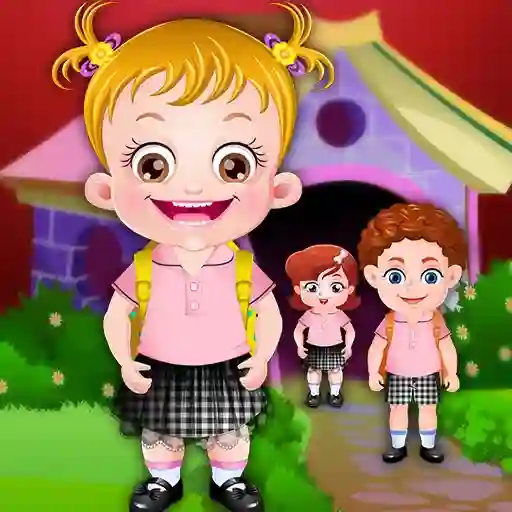

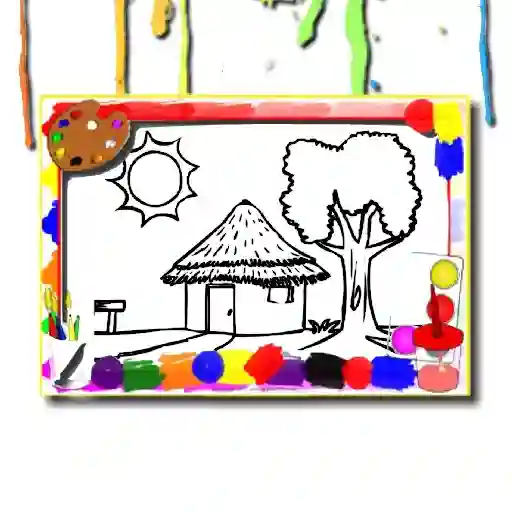
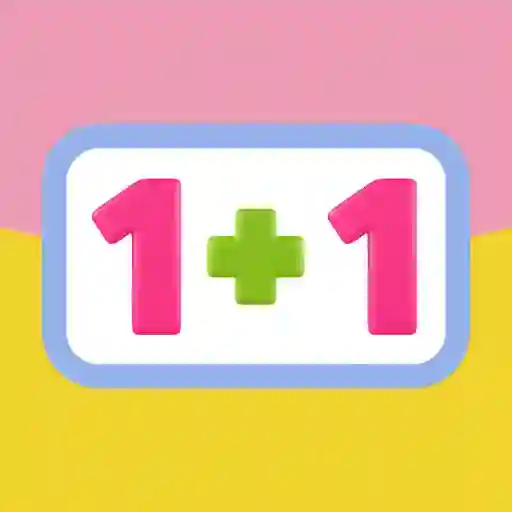
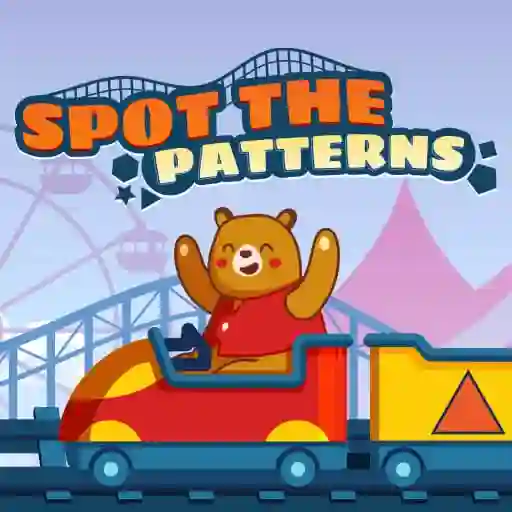
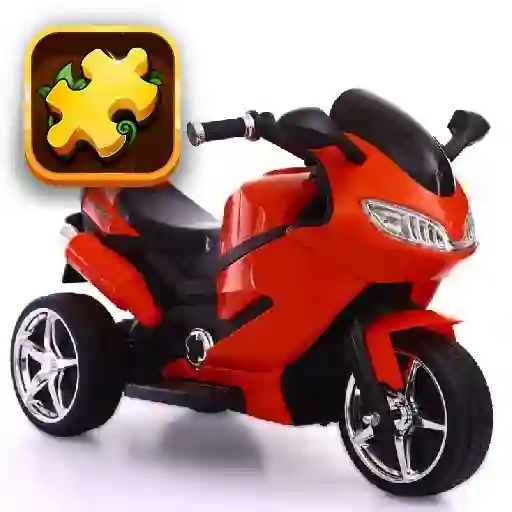

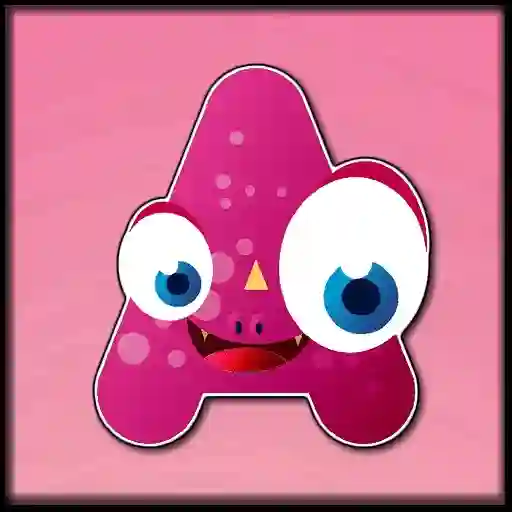



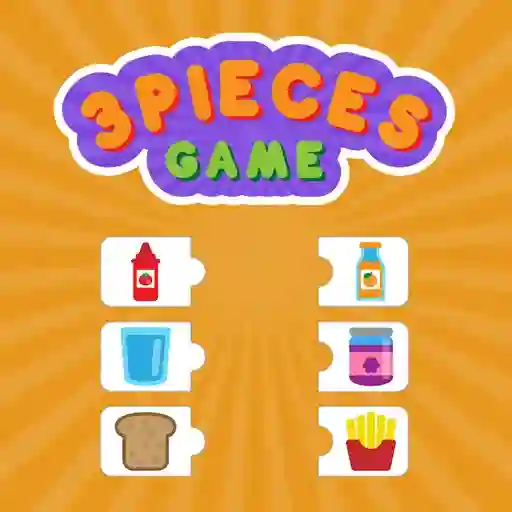
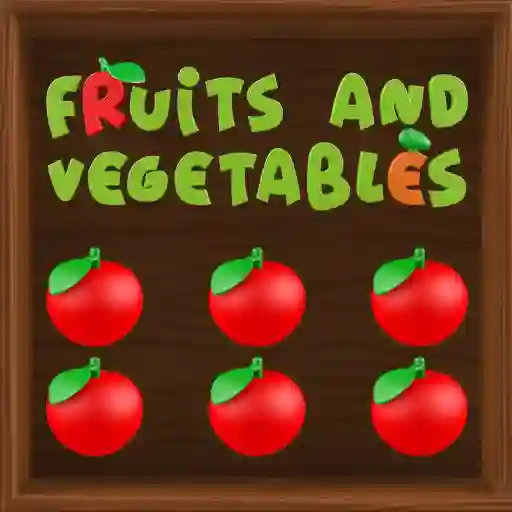
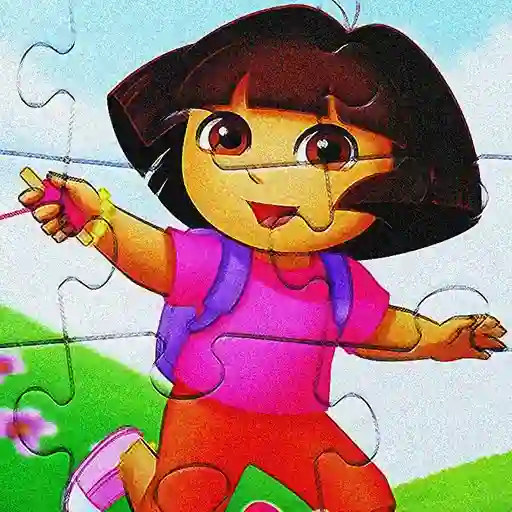
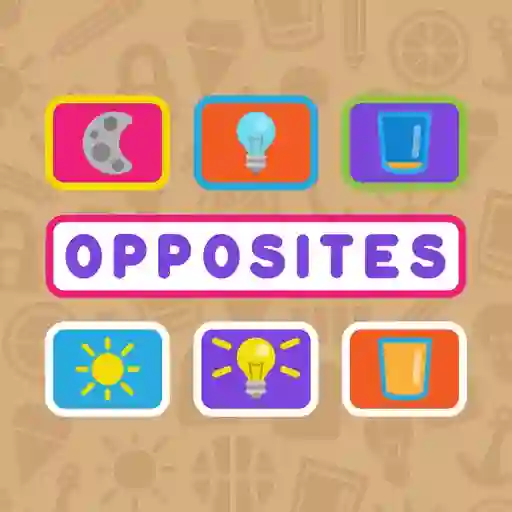
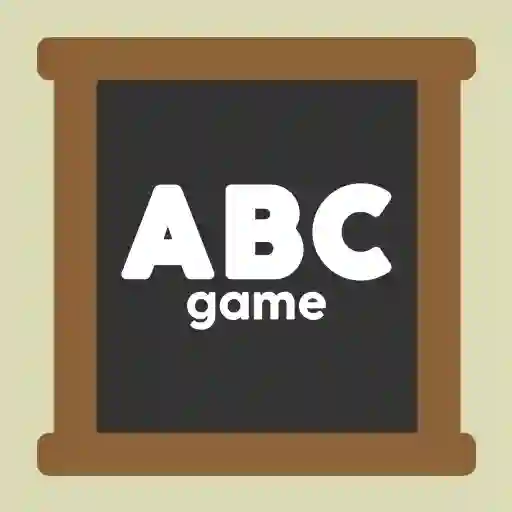
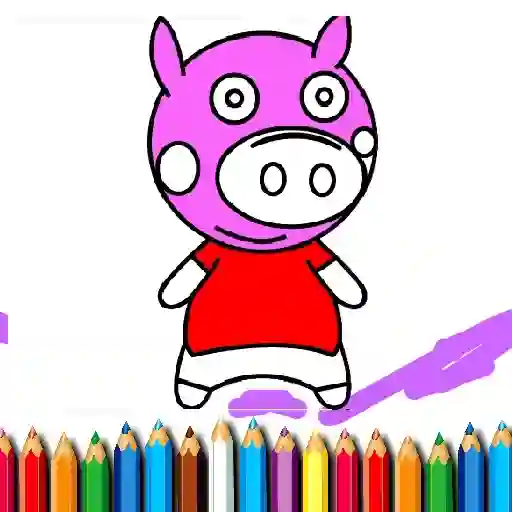
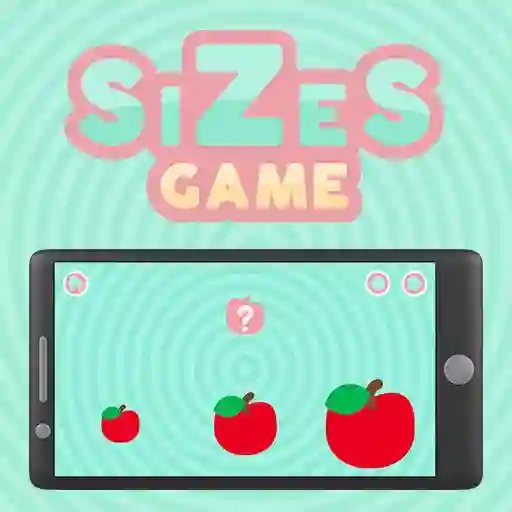
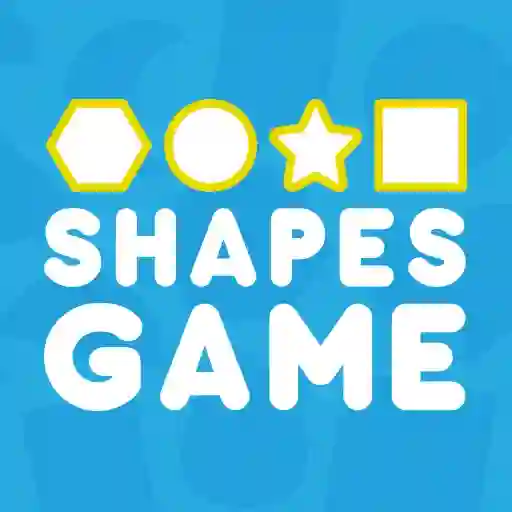
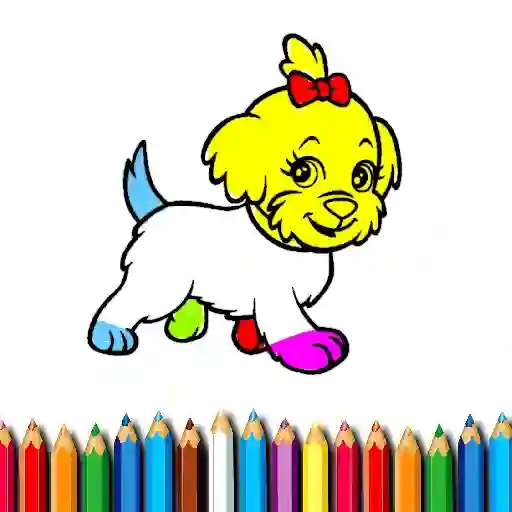
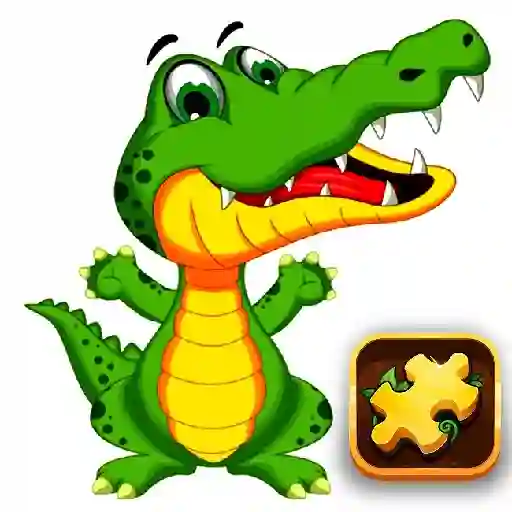


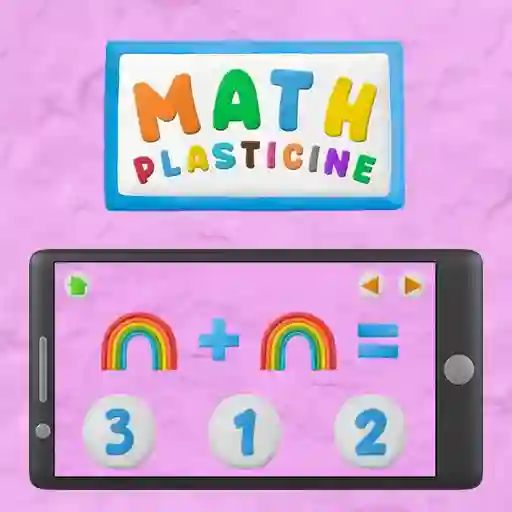
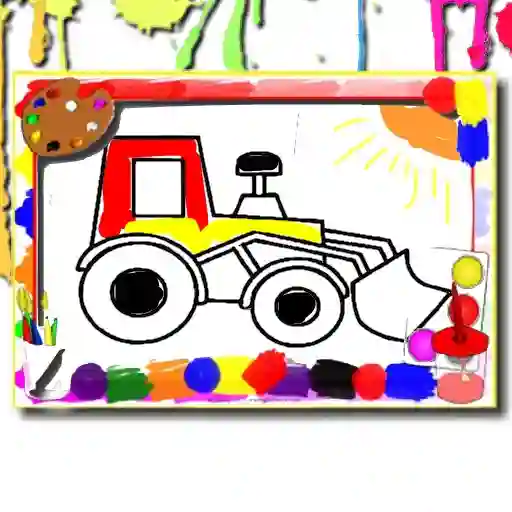
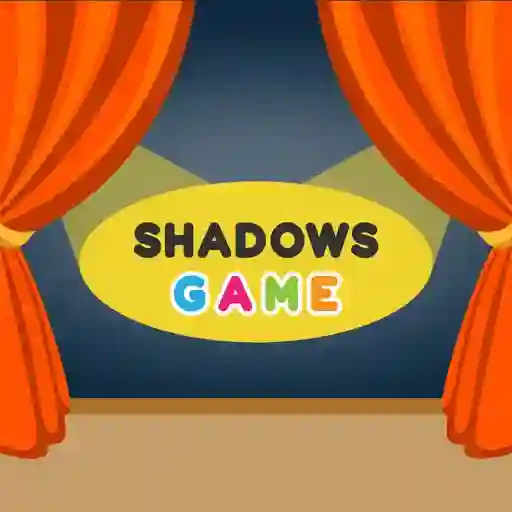




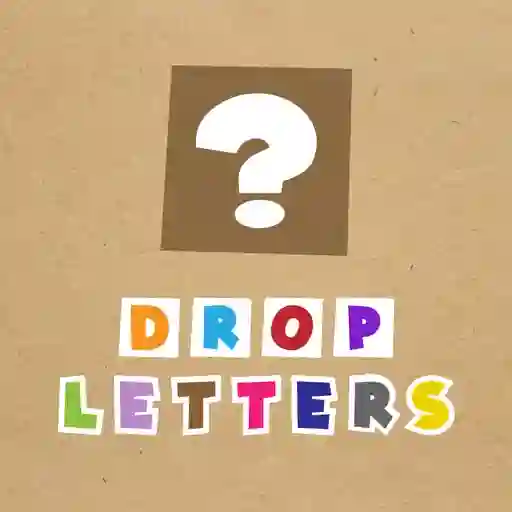
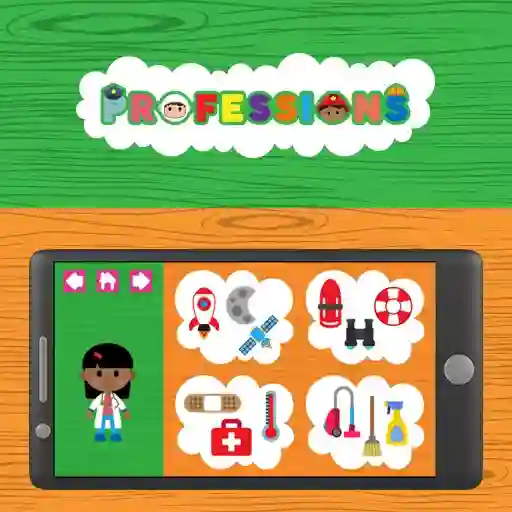
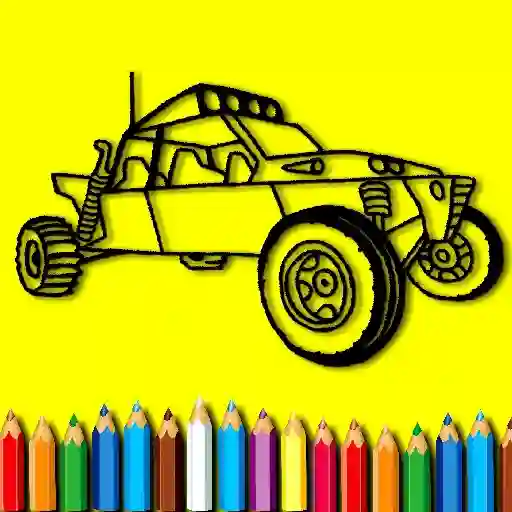

Preschool games are interactive and educational experiences designed for young children aged 3 to 5 years. These games are tailored to enhance cognitive development, motor skills, and creativity while being fun and engaging. They often feature simple gameplay, colorful visuals, and intuitive controls to suit the learning capabilities of preschoolers. Preschool games typically focus on skills such as alphabet recognition, number counting, shape identification, puzzles, and social interactions.
Key features of preschool games include: • Educational content: Lessons on letters, numbers, shapes, and colors. • Simple gameplay: Easy-to-understand mechanics with minimal complexity. • Visual appeal: Bright, colorful, and child-friendly graphics. • Safety: Designed with child safety in mind, free from harmful content. • Creativity tools: Drawing, building, and storytelling activities. • Positive reinforcement: Encouraging messages and rewards for progress.
Are preschool games safe for my child?
Yes, preschool games are designed with child safety in mind, often featuring strict content moderation and educational focus.
Can preschool games help my child learn even if they can’t read yet?
Absolutely! Many preschool games use audio cues, visual prompts, and interactive elements to teach skills like alphabet recognition and counting without requiring reading skills.
How do preschool games support cognitive development?
Preschool games promote problem-solving, memory, and critical thinking through puzzles, matching games, and sequencing activities. These exercises help build foundational skills for future learning.